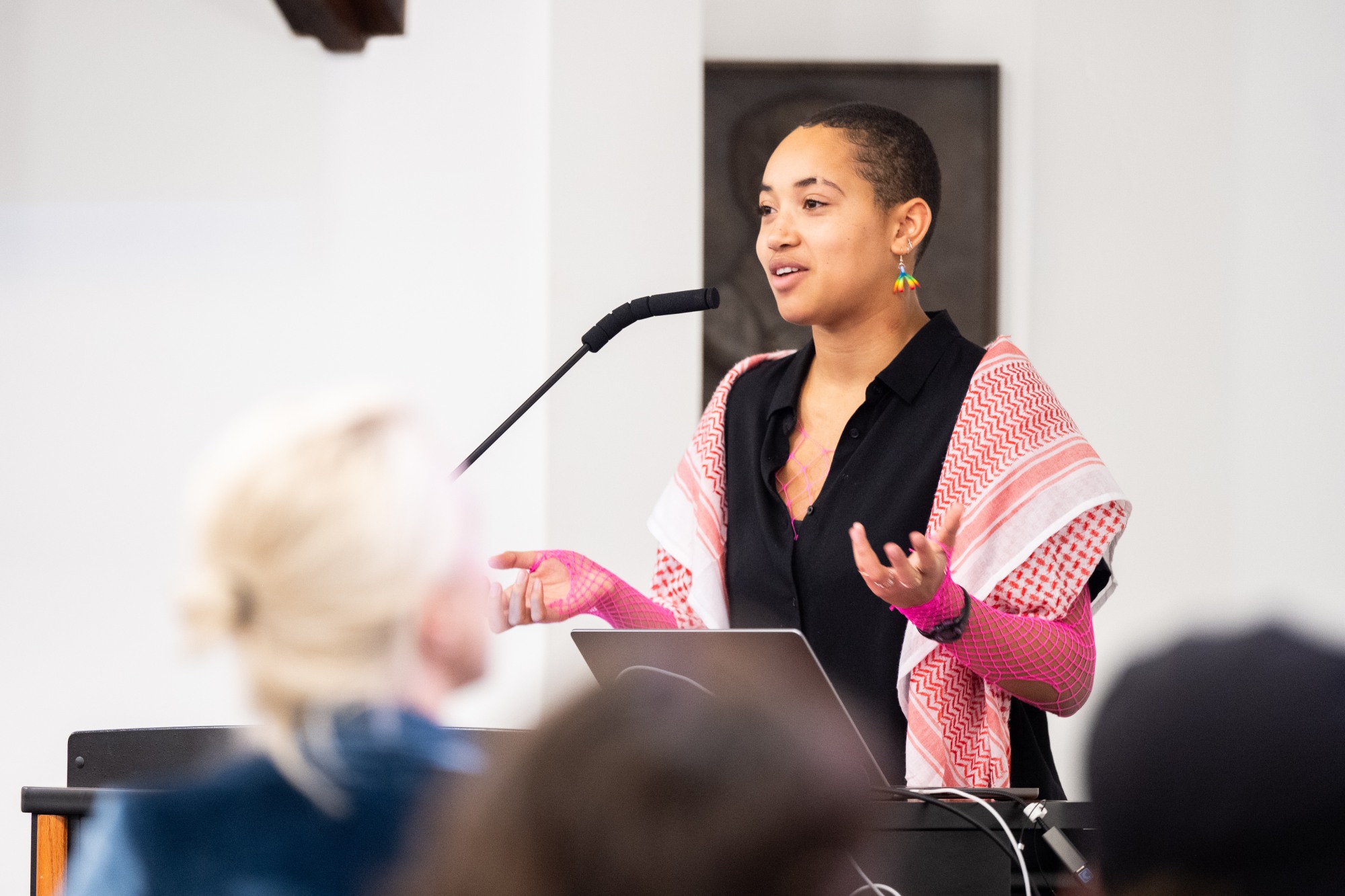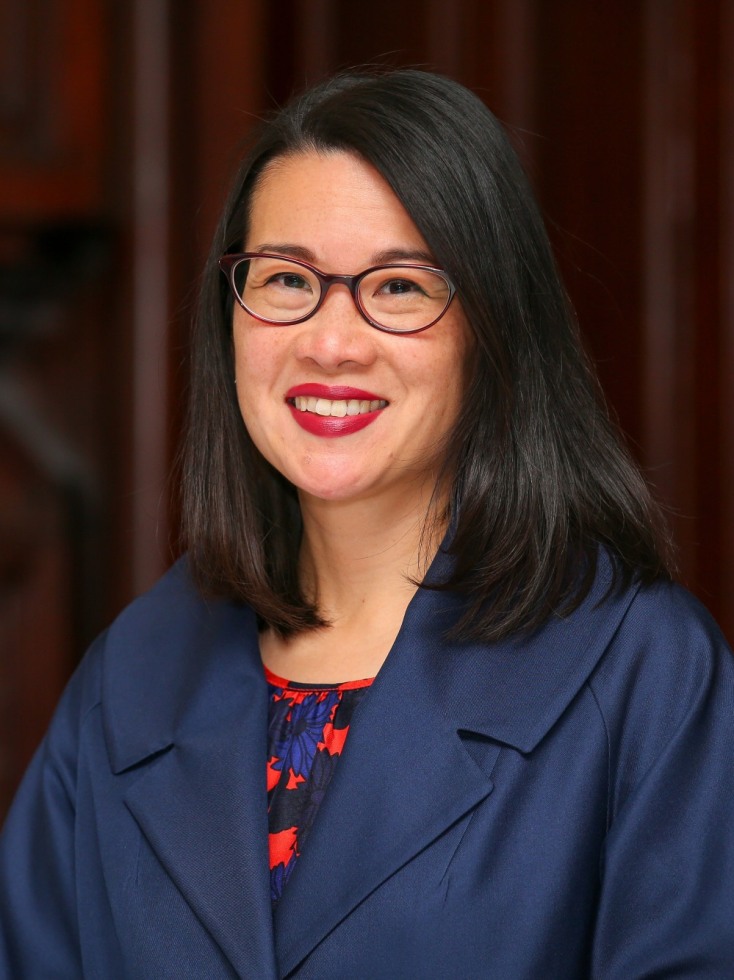Concentration Overview
 Gender and Sexuality Studies is an interdisciplinary concentration that examines the construction of gender and sexuality in social, cultural, political, economic, and scientific contexts. Each concentrator develops a well-defined topic or question and works closely with an advisor to design a program that rigorously investigates their focus area and supplements it with foundational courses in the relevant disciplines.
Gender and Sexuality Studies is an interdisciplinary concentration that examines the construction of gender and sexuality in social, cultural, political, economic, and scientific contexts. Each concentrator develops a well-defined topic or question and works closely with an advisor to design a program that rigorously investigates their focus area and supplements it with foundational courses in the relevant disciplines.
Graduates of GNSS have focused on topics such as intersex healthcare, trans memoir, queer archival practice, incest in the postbellum South, racial disparities in reproductive healthcare, sex positivity in the #MeToo era, comparative models of sex education, garment workers and environmental justice, and LGBTQ+ migration. Introductory and methodology courses in the discipline appropriate to the concentrator's research area provide knowledge of the principles grounding their research methods in order to deploy disciplinary tools or challenge disciplinary boundaries with intentionality.
